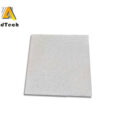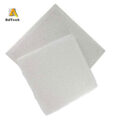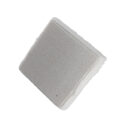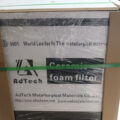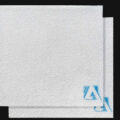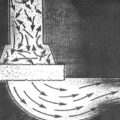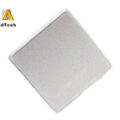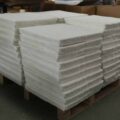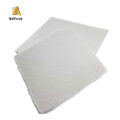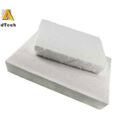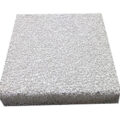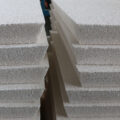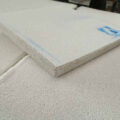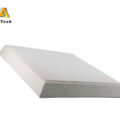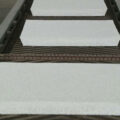The ceramic foam filter for aluminum casting has high chemical stability. The main component of the ceramic foam filter is Al2O3, which will not react with aluminum at high temperatures.
The ceramic foam filter should have sufficient strength. Alumina ceramic foam filter is relatively brittle and hard. When the strength is insufficient, it is easy to crack and chip, which is not only unfavorable for storage and transportation. Once dropped into the aluminum during the filtration process, the quality of the ingot will also be affected in the melt. The compressive strength of ceramic foam filters is usually 0.6 MPa. In case of fragmentation, because it will not be wetted by molten aluminum, most of it will float on the surface. As long as the oxide film of the molten aluminum is not broken, the debris will not get stuck in the molten aluminum.
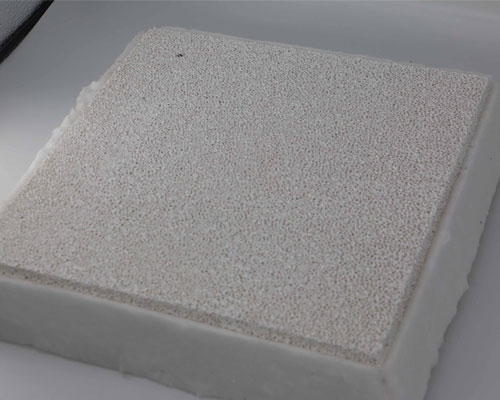
The ceramic foam filter for aluminum casting should be rinsed with heat-resistant aluminum liquid. During the casting process, high-temperature aluminum liquid suddenly touched the surface of the ceramic foam filter and heated the ceramic foam filter within a few seconds. The heat of the molten aluminum makes the ceramic foam filter rapidly rise to the temperature close to the molten metal (about 700°C). The ceramic foam filter expands immediately when heated, which requires that the ceramic foam filter should have a small coefficient of thermal expansion and not break after heating. Because the ceramic foam filter immersed in the aluminum liquid must last for a certain period of time, it is not allowed to be washed away and softened.
In order to ensure that the aluminum melt has sufficient fluidity to pass through the ceramic foam filter, the temperature of the aluminum melt in the fixed furnace is usually increased by 3~5°C (higher than the unfiltered temperature). The temperature at which the aluminum melt contacts the ceramic foam filter should not be lower than 680~690°C. The increase in temperature allows the aluminum melt to absorb the heat of the ceramic foam filter, and still ensure sufficient fluidity to pass through the ceramic foam filter.

